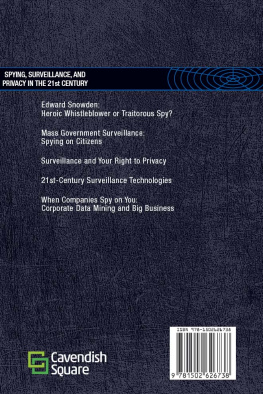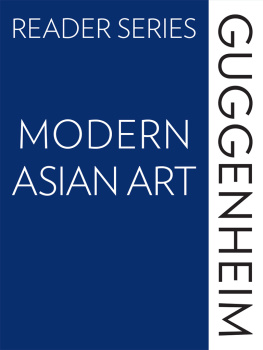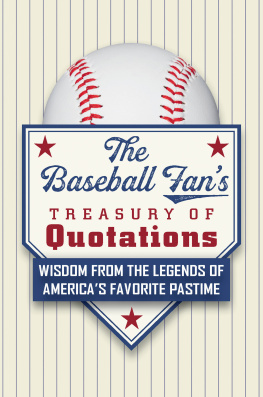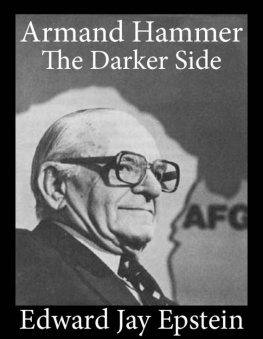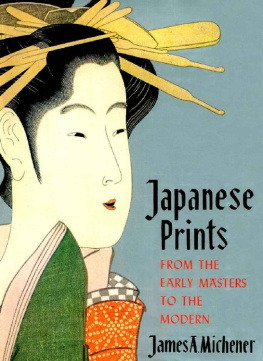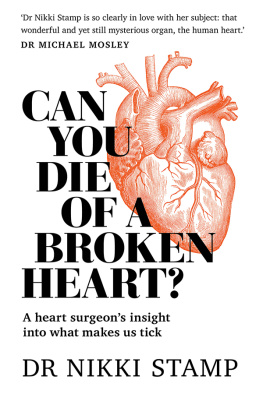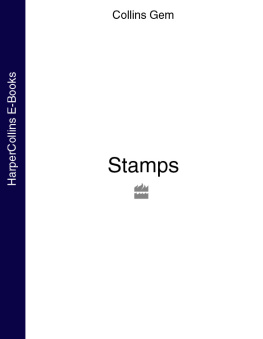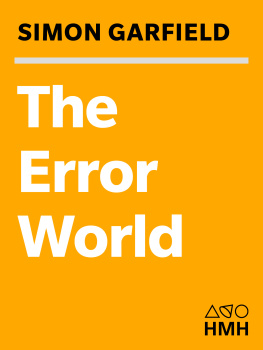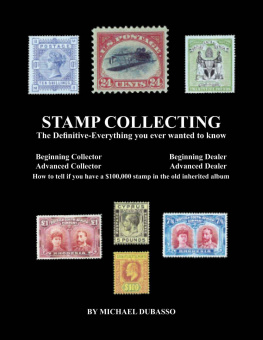Edward J. Nankivell
Stamp Collecting as a Pastime
EAN 8596547223306
DigiCat, 2022
Contact:
Table of Contents
1902
PREFACE
any people are at a loss to understand the fascination that surrounds the pursuit of stamp collecting. They are surprised at the clannishness of stamp collectors, and their lifelong devotion to their hobby. They are thunderstruck at the enormous prices paid for rare stamps, and at the fortunes that are spent and made in stamp collecting.
The following pages will afford a peep behind the scenes, and explain how it is that, after nearly half a century of existence, stamp collecting has never been more popular than it is to-day.
And perchance many a tired worker in search of a hobby may be persuaded that of all the relaxations that are open to him none is more attractive or more satisfying than stamp collecting.
Its literature is more abundant than that devoted to any other hobby. Its votaries are to be found in every city and town of the civilised world. Governments and statesmen recognise, unsolicited, the claims of stamp collectingthe power, the influence, and the wealth that it commands. From a mere schoolboy pastime it has steadily developed into an engrossing hobby for the leisured and the busy of all classes and all ranks of life, from the monarch on his throne to the errand boy in the merchant's office.
In the competition of modern life it is recognised that those who must work must also play. The physician assures us that the man who allows himself no relaxation, no recreation, loses his energy, and ages earlier than the man who judiciously alternates work and play.
As stamp collecting may be indulged in by all ages, and at all seasons, it is becoming more and more the favourite indoor relaxation with brain-workers. It may be taken up or laid down at any time, and at any stage. Its cost may be limited to shillings or pounds, and it may be made a pleasant pursuit or an engrossing study, or it may even be diverted into money-making purposes.
So absorbing is the hobby that in stamp circles there is a saying, "Once a stamp collector, always a stamp collector."
I.
As a Pastime.
ccording to the authorities, the central idea of a pastime is "that it is so positively agreeable that it lets time slip by unnoticed; as, to turn work into pastime." And recreation is described as "that sort of play or agreeable occupation which refreshes the tired person, making him as good as new."
Stamp collectors may fairly claim that their hobby serves the double purpose of a pastime and a recreation. As a pastime, it certainly makes time pass most agreeably; for the true student of the postal issues of the world, it turns work into a pastime. As a recreation, it is of such an engrossing character that it may be relied upon to afford the pleasant diversion from business worries that so many tired mental workers need nowadays.
For nearly half a century it has maintained unbroken its hold as one of the most popular of all forms of relaxation, and its popularity extends to all classes and to all countries.
But this very devotion of stamp collectors to their hobby has puzzled and excited the uninitiated. The ordinary individual, especially the man who has no soul for a hobby of any kind, regards it as a passing fancy, a harmless craze, a fashion that must have its day and disappear, sooner or later. But the passing fancy has endured for nearly half a century, the harmless craze still serves its useful purpose, and the fashion has acquired such a permanence as to convince most people that it has come to stay.
Of all pastimes, and of all the forms of recreation, not one can claim more lifelong devotees than this same stamp collecting. And where is another pastime with such international ramifications? In every civilised country, in every city, and in every town of any importance, the wide world over, thoughtful men and women are to be found formed into sociable groups, or societies, quietly and pleasantly enjoying themselves in the harmless and enduring pursuit of stamp collecting.
There must be some reason for this popularity, this devotion of all classes to a pursuit, this unbroken record of progress. It cannot be satisfactorily accounted for as a passing fancy or fashion. It has too long stood the test of years to be so easily explained away. Fancies and fashions come and go, but stamp collecting flourishes from decade to decade. Princes and peers, merchants and members of Parliament, solicitors and barristers, schoolboys and octogenarians, all follow this postal Pied Piper of Hamelin,
"Grave old plodders, gay young friskers, Fathers, mothers, uncles, cousins,"
all bent upon the pursuit of this pleasure-yielding hobby.
Why is it? Whence comes the fascination?
To the unprejudiced inquirer the reply is simple. To the leisured man it affords a stimulating occupation, with a spice of competition; to the busy professional man it yields the delight of a recreative change; to the studious, an inexhaustible scope for profitable research; to the old, the sociability of a pursuit popular with old and young alike; to the young, a hobby prolific of novelty, and one, moreover, that harmonises with school studies in historical and geographical directions; to the money maker, an opening for occasional speculation; and to all, a satisfying combination of a safe investment and a pleasure-yielding study.
Old postage stampsbits of paper, as they are contemptuously called by some peoplemay have no intrinsic value, but they are, nevertheless, rich in memories of history and of art; they link the past with the present; they mark the march of empires and the federation of states, the rise and fall of dynasties, and the peaceful extension of postal communication between the peoples of the world; and, some day in the distant future, they may celebrate even yet more important victories of peace.
II.
The Charm of Stamp Collecting.
is Royal Highness the Prince of Wales, in a letter to a correspondent, referring to stamp collecting, wrote: "It is one of the greatest pleasures of my life"; and the testimony of the Prince of Wales is the testimony of thousands who have taken up this engrossing hobby.
The pursuit of a hobby is very often a question of expense. Many interesting lines of collecting are practically closed to all but the wealthy. But stamp collecting is open to all, for the expenditure may in its case be limited at the will of the collector to shillings or pounds. Indeed, the adaptability of this hobby is one of its chiefest charms. The rich collector may make his choice amongst the most expensive countries, whilst the man of moderate means will wisely confine himself to equally interesting countries whose stamps have not gone beyond the reach of the man who does not wish to make his hobby an expensive one. The schoolboy may get together a very respectable little collection by the judicious expenditure of small savings from his pocket money, and the millionaire will find ample scope for his surplus wealth in the fine range of varieties that gem the issues of many of the oldest stamp-issuing countries, and which only the fortunate few can hope to possess.


